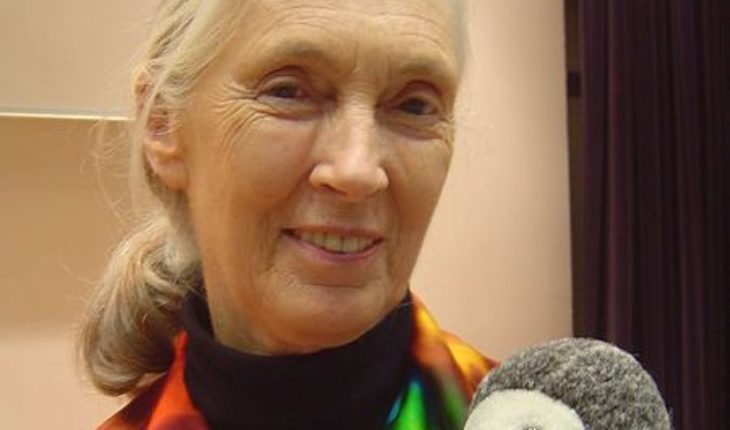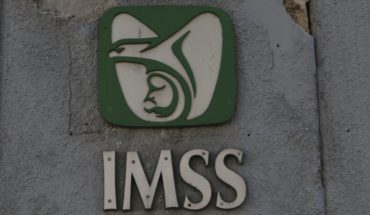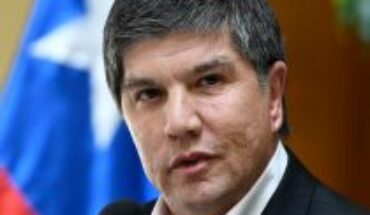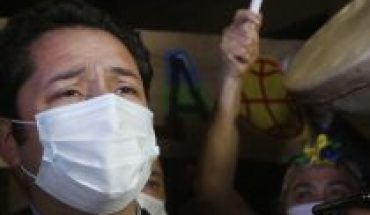National Geographic is preparing to celebrate Earth Day on April 22 with the premiere of Jane Goodall: The Great Hope. The documentary chronicles the primatologist’s three decades of work not only as a scientist but also as an activist. A struggle for animals and the environment that the protagonist has now highlighted more than ever as a result of the coronavirus pandemic.
“Our destruction of nature and disrespect for the animals with which we share the planet is what this pandemic has caused,” Goodall says in a telephone interview with Europa Press. The expert points to the markets for wild animals in Asia and Africa, where the creatures are overcrowded and the “perfect conditions for viruses to jump” between different specimens and species are created. “It’s great that China closes live animal markets right away, and there’s a temporary ban that we hope will become permanent,” he says.
The researcher, who has dedicated her life to the study of chimpanzees, expressed concern that the coronavirus will also affect this species. “In all our sanctuaries, those responsible wear gloves and masks and make sure food and space are clean,” he says. “We have a person a day who doesn’t approach chimpanzees but controls them remotely to see if there are signs of illness and watching that they don’t encounter corpses,” he says.
“Forests are destroyed by timber companies, human population grows and livestock move, wild animals have less space. Meet. That leads to viruses,” he recaps of the current situation, ensuring that there will be more pandemics in the future. However, the interviewee clings to the title of the documentary and claims there is still hope.
“The Pope gave a wonderful speech a couple of days ago in which he said, ‘Nature is paying us for our contempt for the natural world, our separation,'” he recalls. “So I think this pandemic is waking people up. Now everyone is at home, maybe they have time to read about how it started, how it jumped from an animal to a person, and to start thinking about other ways of living,” he adds.
But it is difficult to know what role each has in this fight against the destruction of nature. “Each of us makes an impact. What do we eat, where it comes from, caused animal suffering?” he asks, and even proposes simple changes within everyone’s reach like walking instead of using the car.
Women in science
Goodall recalls his beginnings and reveals that he came to his scientific career by chance. “What I wanted to do was be a naturalist and go to Africa, live with wild animals and write books about them. I didn’t think about being a scientist because there weren’t any women doing that kind of thing,” she laments.
Her mentor, Louis Leakey, insisted that she train and without having passed through college, young Jane got a place to do a postgraduate degree. “I was the eighth person in Cambridge history and the first woman to do a PhD without a bachelor’s degree,” she reveals.
Although she acknowledges that “there is still a long way to go”, the protagonist celebrates the incorporation of women into this field and indicates that there are “more and more women in more branches”. “In 1960 there were very few women and I’m still not sure if they tried to get in and failed or if they just didn’t get the right education,” she says.
Young people’s hope
Goodall is the founder of Roots & Shoots, an educational program present in 65 countries around environmental awareness “Wherever you go, there are young people with bright eyes who want to tell Dr. Jane what they are doing to achieve a better world,” she proudly counts. Although the British has focused its work on the new generations, it also notes that adults play a key role in this change. “A lot of older people came up to me after a chat and said, ‘I had given up hope but I got it back. I promise I’ll do my part,'” he says.
Goodall lists some alarming signs such as “fires,” “unpredictable weather patterns, or “big storms” as a sign that time is running out. Despite this, and like those who attend his presentations, he maintains the illusion of change. “Nature is resilient. And there is also the indomitable human spirit, people who seek the impossible and do not give up. I’ve seen places totally destroyed coming to life thanks to passionate people. These are my reasons for hope,” he says.





